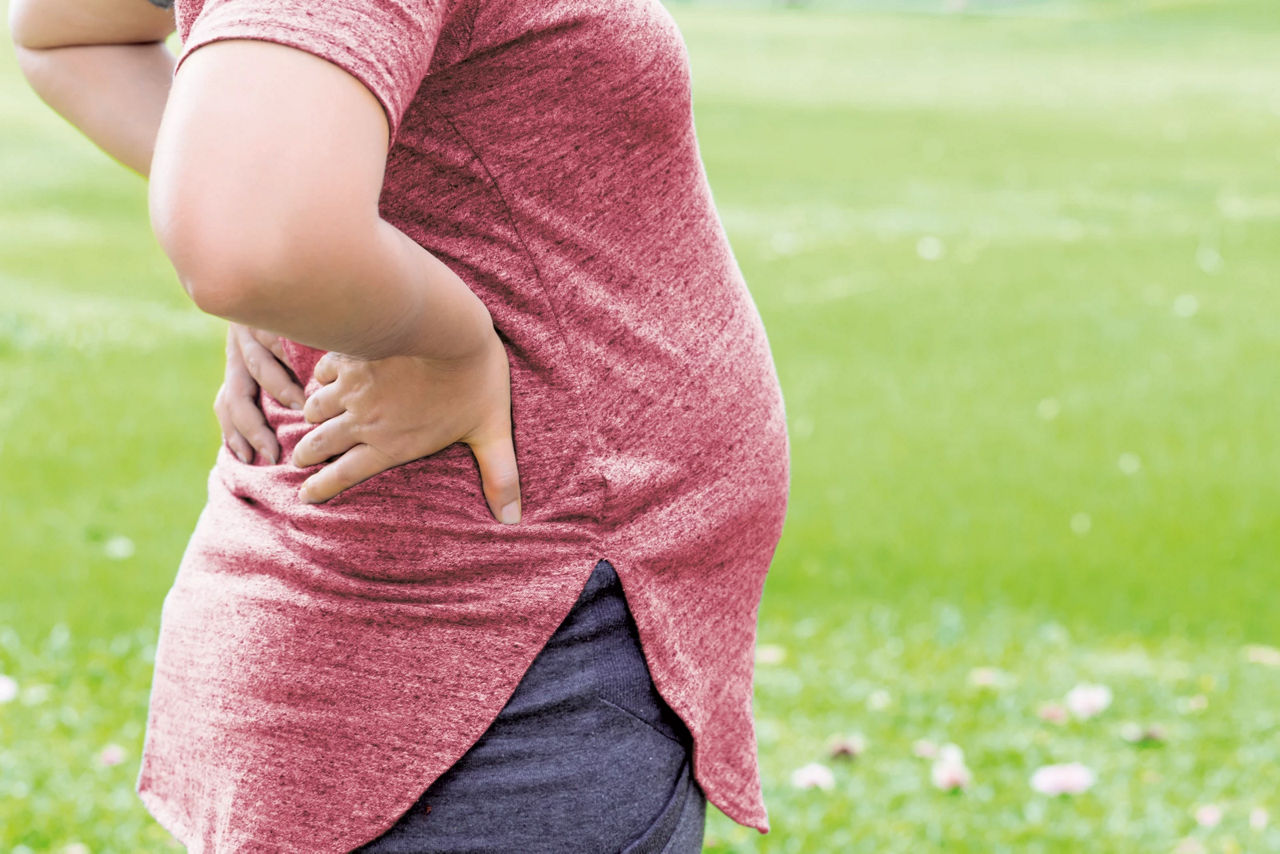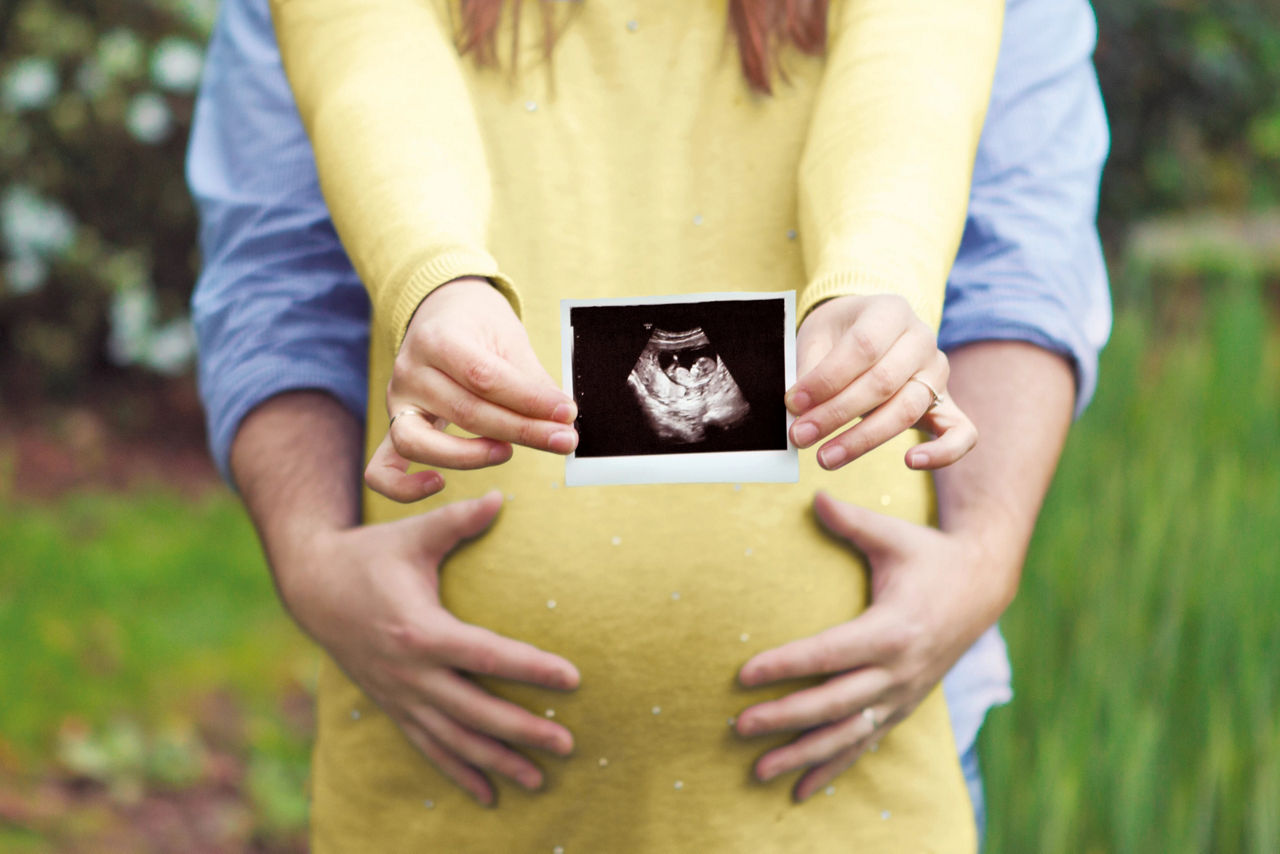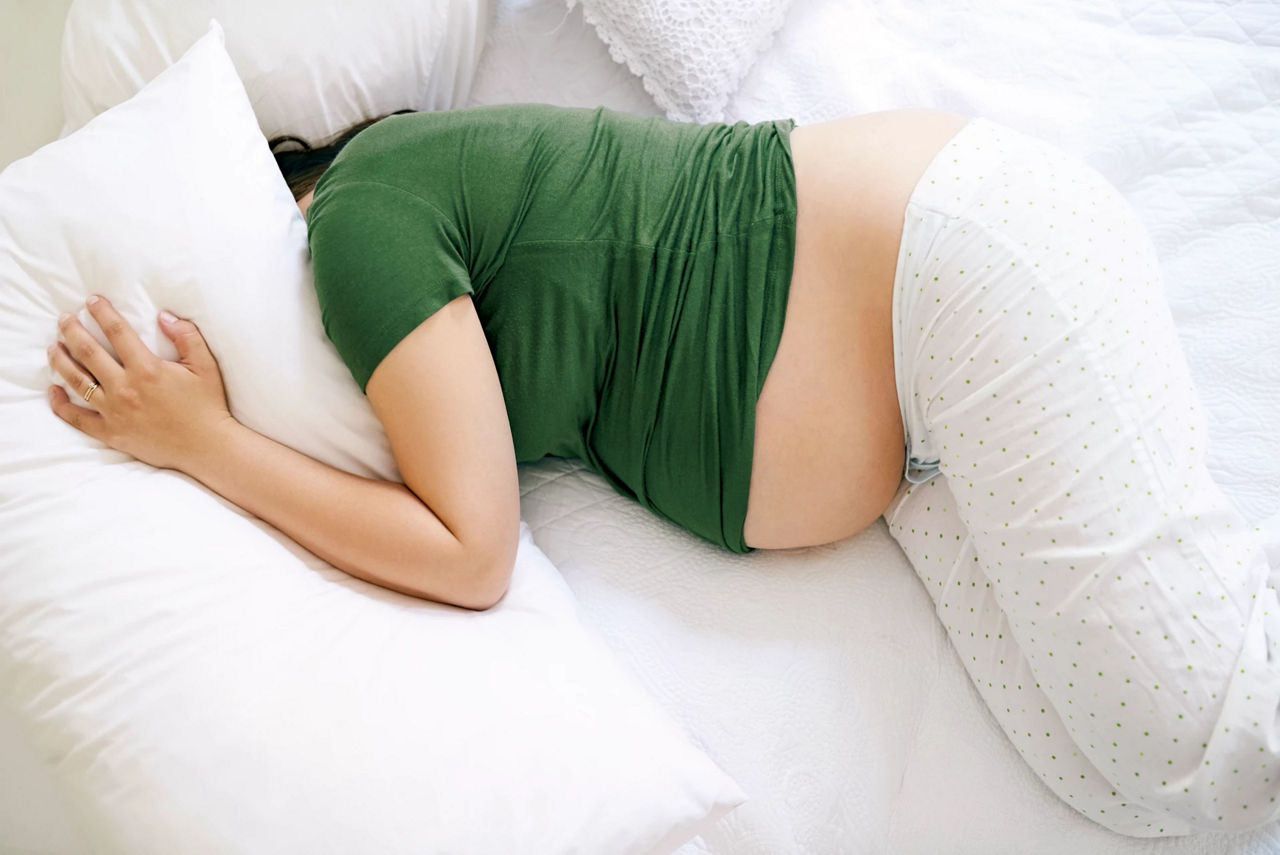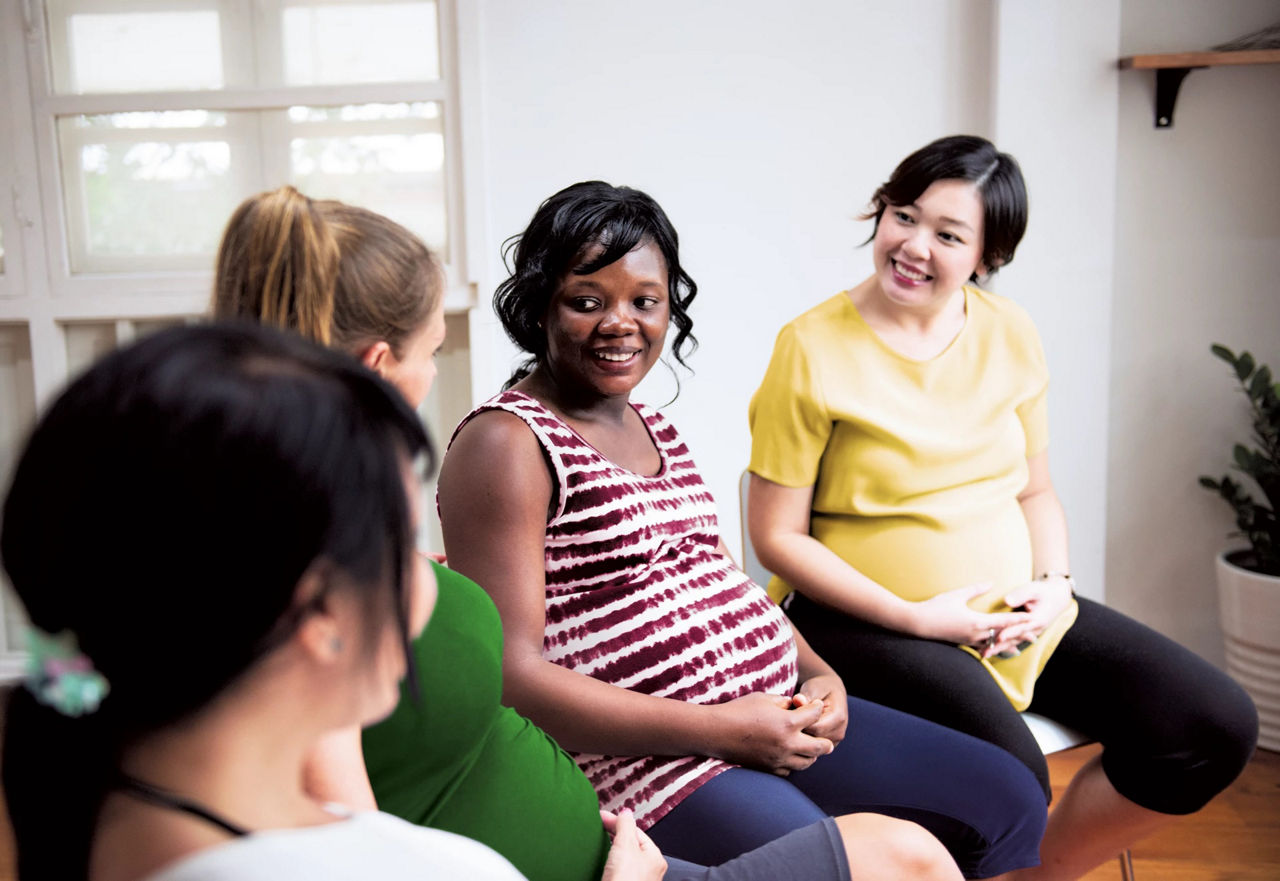Free weaning plan - Register here
I'd like to know more about pre-eclampsia

What is pre-eclampsia
Pre-eclampsia is a complex condition that is still not fully understood, but may be caused by a defect in the placenta, which reduces the flow of blood and nutrients to your baby, affecting their growth and your health. Mild pre-eclampsia can affect up to 6% of first-time pregnancies, while more severe pre-eclampsia can affect around 1-2% of pregnancies.
Symptoms of pre-eclampsia
It can sometimes be tricky to notice the outward pre-eclampsia symptoms in the early stages of the condition, but regular antenatal check-ups can detect it before it becomes serious. That's because your midwife will be able to spot things like raised blood pressure, protein in your urine, and circulation problems such as fluid retention.
In isolation, symptoms such as swelling are common in pregnancy and not necessarily a sign of pre-eclampsia, but by monitoring you regulary, your midwife will be able to spot tell-tale signs. Protein in your urine could indicate an infection which is why it's important to attend your antenatal appointments.
However, if you experience any of the following symptoms, seek medical help immediately:
- Severe headaches
- Blurry vision, seeing spots or flashing lights before your eyes
- Pain in your upper abdomen (just under the bottom of your ribs)
- Nausea and vomiting (although this could be normal pregnancy sickness)
- Sudden swelling in your face, hands, ankles or feet
- Sudden excessive weight gain due to fluid retention

Who is most at risk?
Although the causes of pre-eclampsia are not fully understood, there are known factors that can put some women more at risk than others:
Age - if you are a younger or older mother (over 40)
Weight - if you are obese, with a body mass index of 35+
Existing medical conditions - such as diabetes, high blood pressure, lupus and kidney disease
Gap between pregnancies - usually if it has been 10+ years since your last child
History of pre-eclampsia - if you or your mother or sister has had it before
If you're expecting a multiple birth - twins or more
First pregnancy - if It's your first pregnancy or your first pregnancy with a new partner
Prevention advice during pre-conception
Since one of the risk factors is obesity, some experts say that following a healthy, balanced diet - in turn reducing your BMI- can help reduce the risk of developing pre-eclampsia, and also mitigate the severity of the condition.
It's not about going on a 'diet' though; it's about making some small changes that could make a big difference. If you are planning for a baby and need advice, you can get in touch with our Careline experts by Whatsapp, phone, Live Chat or email.
What if I have mild pre-eclampsia?
Mild pre-eclampsia does not always need treatment, and regular check-ups on you and your baby's health may be all that's needed.
What if I'm diagnosed with severe pre-eclampsia?
If you are diagnosed as having more severe pre-eclampsia, you'll probably be advised to get lots of rest and you may need to spend some time in hospital. Your blood pressure and urine will be monitored, and you'll have regular scans to keep an eye on your baby's development. In some cases you may need medication to manage your blood pressure.
If you or your baby are at risk, then you may have to be induced or have your baby delivered by caesarean section- but this only occurs in the most serious cases.
For further information and support, get in touch with our Careline team, speak to your midwife, or have a look at the Pre-eclampsia Foundation website.

Join the C&G baby club today
- Weekly emails with tips and advice for your stage
- 1-to-1 support from our dedicated Careline team, 8.30am - 5.30pm Monday to Friday.

Join the C&G baby club today
- Weekly emails with tips and advice for your stage
- 1-to-1 support from our dedicated Careline team, 8.30am - 5.30pm Monday to Friday.
More from pregnancy
Pregnancy topics
Any more questions?
Our specialist baby advisors and experienced mums are here to talk and ready to help whenever you need them. You can call us or reach us on Live Chat 8.30am-5.30pm Monday-Friday.
Phone
Call 1800 570 570
FAQs
For all the latest information
Email Us
Send us an email
8.30 am - 5.30pm Monday-Friday



